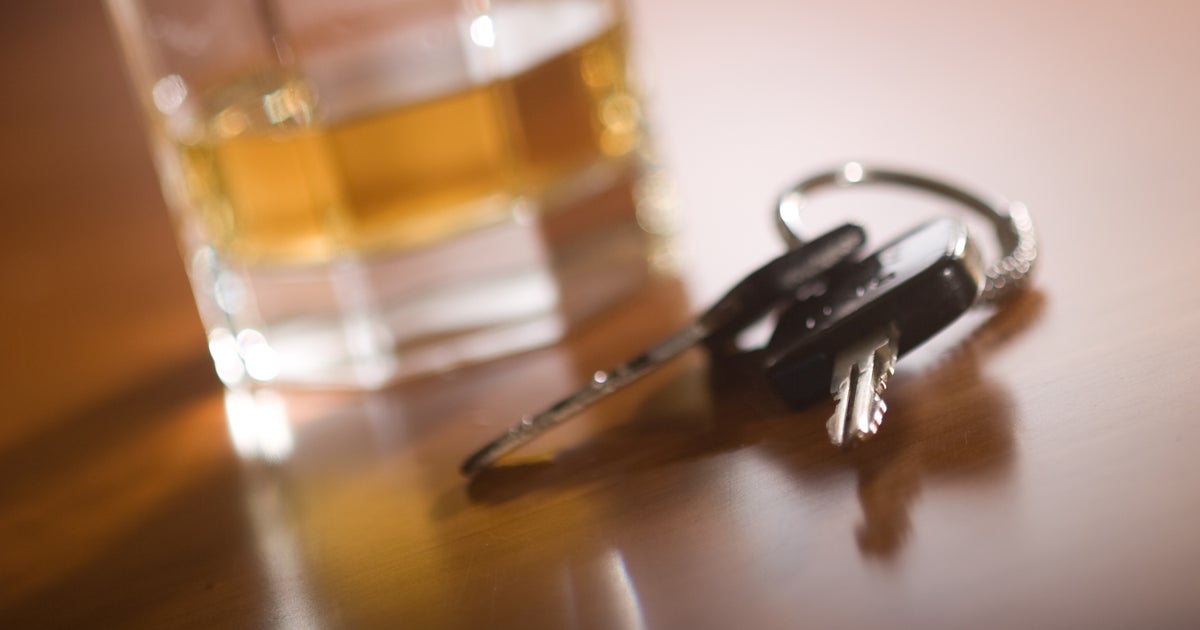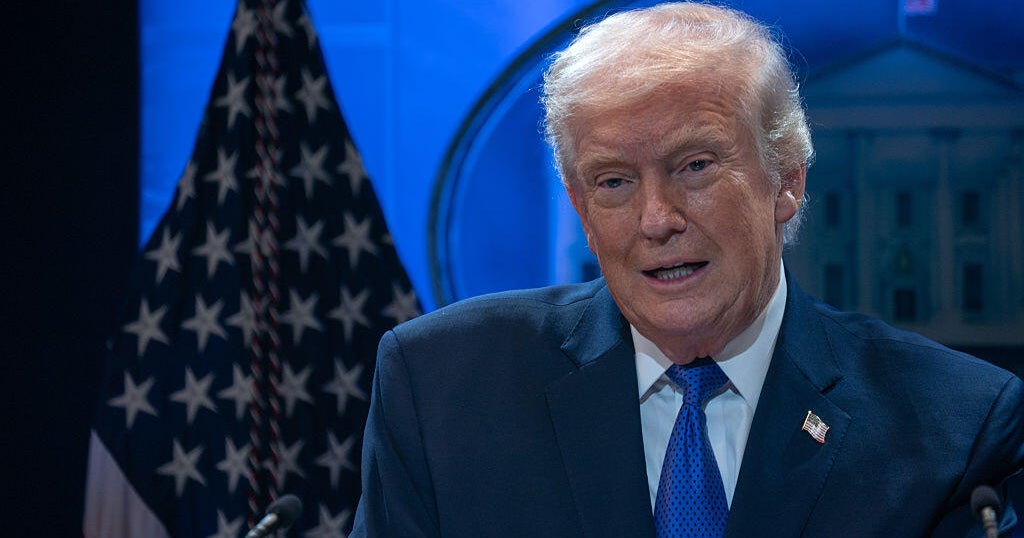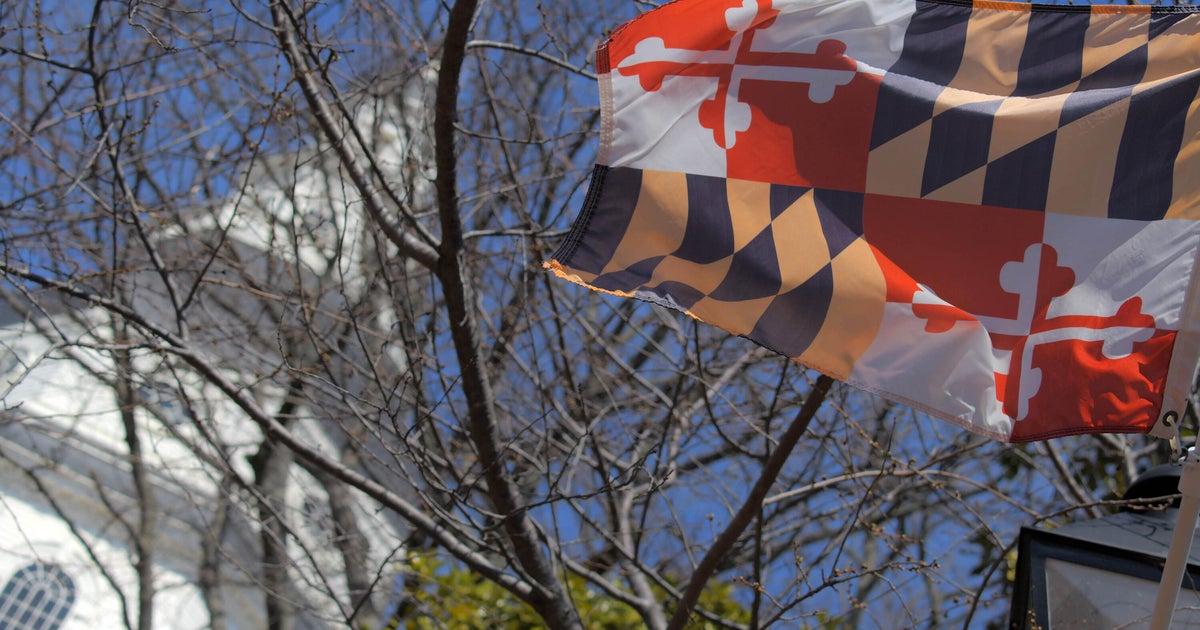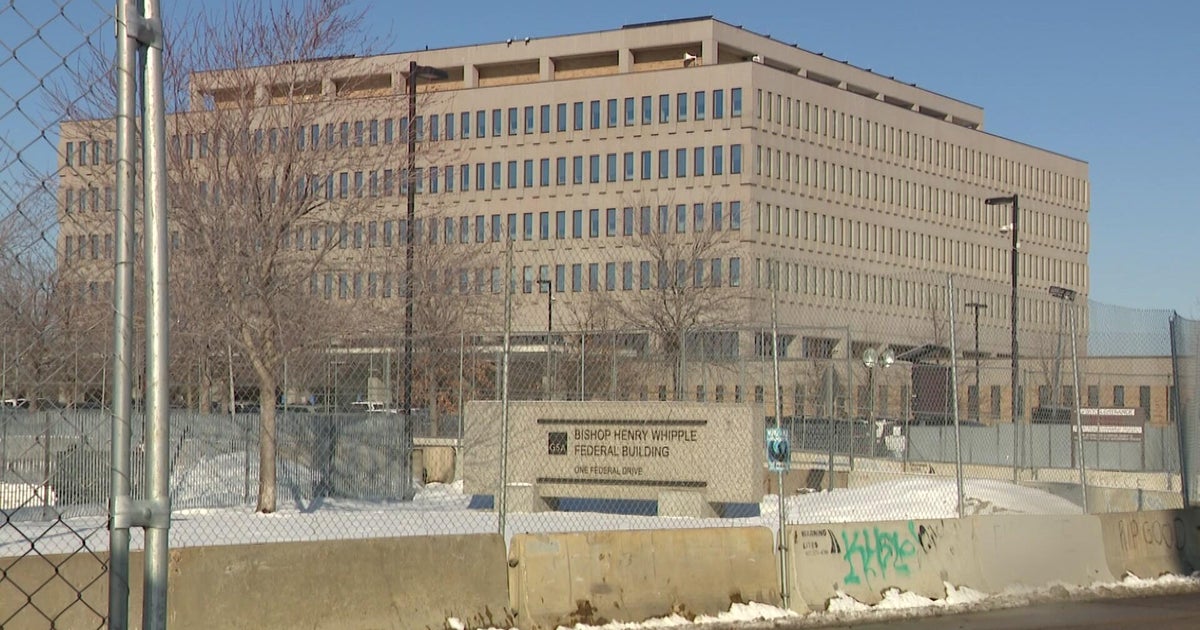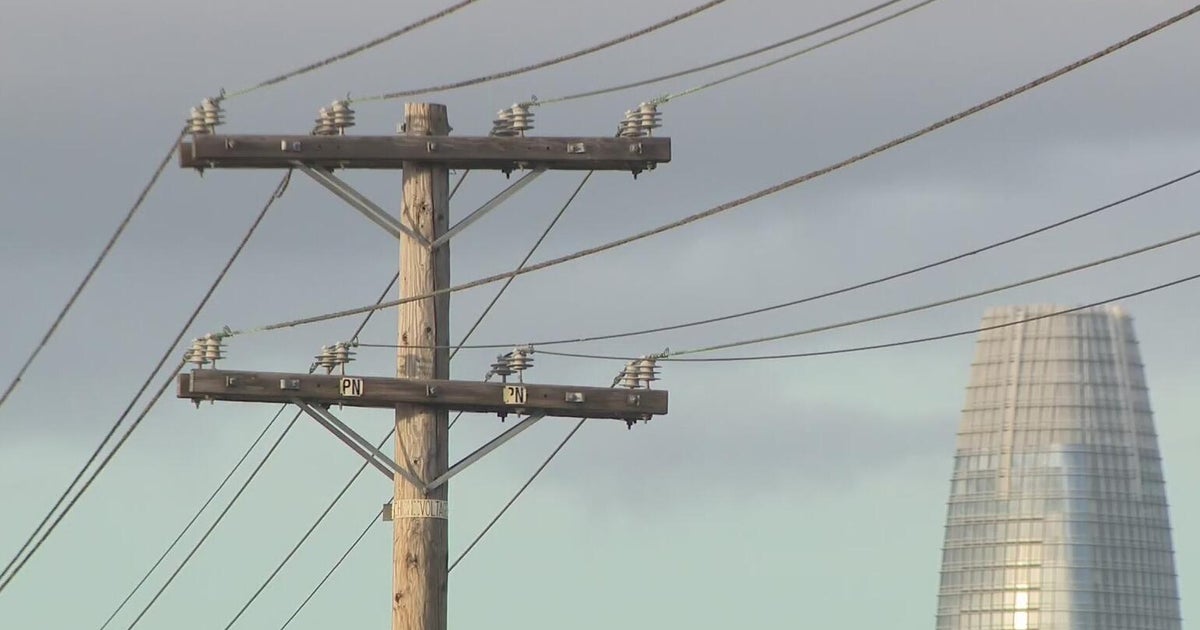Florida Justices Weigh Recreational Marijuana Proposal
TALLAHASSEE (CBSMiami/NSF) - With Attorney General Ashley Moody, lawmakers and groups such as the Florida Chamber of Commerce trying to block the measure, the state Supreme Court on Wednesday heard arguments about a proposed constitutional amendment that would allow people to use recreational marijuana.
The political committee Make It Legal Florida is seeking to put the proposal on the 2022 ballot but needs the Supreme Court to sign off on the ballot title and summary --- the wording that voters would see when they go to the polls.
State Solicitor General Amit Agarwal, representing Moody, argued Wednesday that the Supreme Court should reject the proposal because it would be misleading to voters. Agarwal focused, in part, on the wording in the ballot summary that says the amendment "permits adults 21 years or older to possess, use, purchase, display, and transport up to 2.5 ounces of marijuana and marijuana accessories for personal use for any reason."
Agarwal said that is misleading because such things as possession and purchase of marijuana would remain illegal under federal laws.
"Voters should be told the truth," Agarwal said. "They should be given the tools that they need to make a fully informed decision on this ballot initiative. Voters right now are told, expressly and unqualifiedly, that the proposed amendment would permit something that it quite simply would not permit."
But George Levesque, an attorney for Make It Legal Florida, said the proposal "piggybacks" on a system resulting from a 2016 constitutional amendment that broadly legalized medical marijuana in the state. He also said the ballot summary would clearly present the purpose of the amendment to voters.
"We believe the text of our proposed amendment, and the summary that describes it, accurately, clearly and unambiguously informs the voter of what we are trying to do," he told The News Service of Florida after the arguments. "In this case, to permit limited amounts of marijuana to be given to adults and for adults to be able to use that marijuana for any purpose that they need it for."
During the arguments, Levesque also disputed that the summary would be misleading because of federal laws that make marijuana illegal.
"We're changing the only constitution that we can change," Levesque said. "The only law we can change is Florida law."
The Supreme Court plays a critical role in determining whether proposed constitutional amendments can go before voters. It is not supposed to consider the merits of proposals but looks at whether they meet legal standards such as not being misleading.
Make It Legal Florida initially planned to try to put its proposal on the 2020 ballot but pushed it back to 2022 because the committee could not meet a February 1 deadline for submitting a required 766,200 valid petition signatures. It had submitted 553,975 signatures as of Wednesday morning, according to the state Division of Elections website.
In addition to Agarwal, attorneys for the Florida Senate and coalitions of groups, including the Florida Chamber of Commerce and the St. Petersburg-based Drug Free America Foundation, argued against the proposed amendment Wednesday. The Florida House also has submitted briefs against the proposal but did not take part in oral arguments.
Justices asked numerous questions of attorneys on both sides of the issue. It is unclear when the court will rule on the amendment, though decisions typically take months.
The recreational-marijuana case was the first time that the Supreme Court has held arguments through a videoconference system. The court made the move because of the coronavirus pandemic, and Chief Justice Charles Canady has ordered most proceedings at lower courts to also be held through videoconferences or by telephone.
(©2020 CBS Local Media. All rights reserved. This material may not be published, broadcast, rewritten, or redistributed. The News Service of Florida's Jim Saunders and Tom Urban contributed to this report.)
